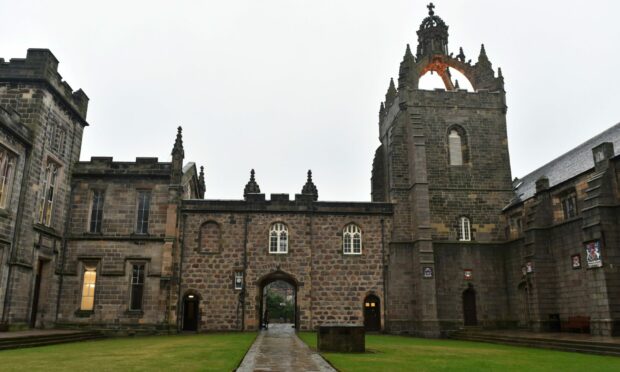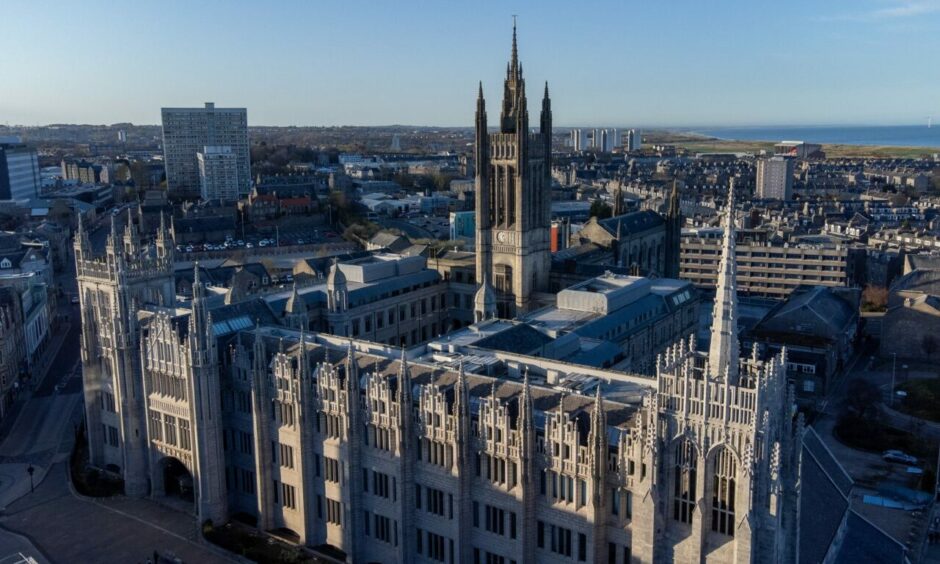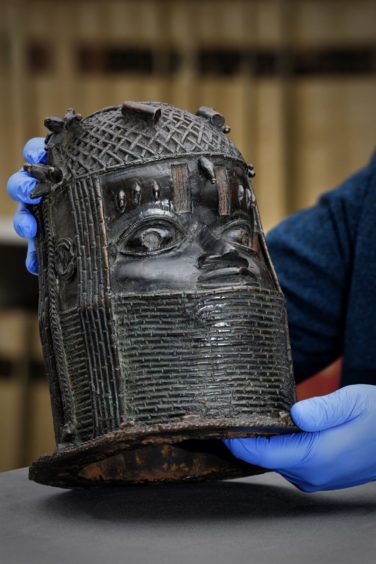Aberdeen University still has nearly 200 skulls of indigenous people in its possession – despite vows to decolonise its curriculum.
An investigation by student newspaper The Gaudie revealed the institution had acquired skulls belonging to non-European ethnic groups from colonial conquests in the 19th and 20th centuries.
It found there are at least 101 craniums and 97 full skulls from groups such as aboriginal Australians, Pacific islanders, and native Americans housed in the university’s Museums and Special Collections.
The human remains were held at Marischal College and it is believed they were used to support a now-discredited theory that black and indigenous people were inferior to white people.
There are also about 100 remains of European origin held by the university.
Museums and universities have come under pressure to repatriate remains and other sensitive items recently and Aberdeen University vowed to decolonise every course it teaches by 2026.
Work on the initiative began in 2021 and academics have been given three years to go through teaching materials and reading lists.
It signalled that it would review whether to continue appointing trustees to the fund created by the historic slave-trader.
‘Extremely sensitive work’
Aberdeen University is working to find out the origins of the indigenous ancestral remains.
A spokesman stressed the institution acquired the artefacts in an “entirely different era” and has blamed poor record-keeping.
He said: “This happened in an entirely different era and at a time when record-keeping was much poorer, and is extremely sensitive work that needs to be carried out respectfully to identify their relationships with present-day communities and descendants.
“Information about the human remains in our care has been available on our online database for a number of years. In addition to making this information available to the public, we attempt to develop contacts with relevant communities, recognising that discussing the return of ancestral remains can be traumatic.
“It is important that we are led by those communities throughout this process, bearing in mind the duty of care we have towards the remains as well as our responsibility to investigate and share information about them.”
Aberdeen University has a repatriation procedure in place and has already returned a number of items and remains.
In 2021, the institution returned a Benin bronze to Nigeria, a sacred bundle to the Kainai First Nation in Canada and Maori ancestral remains to Te Papa Tongarewa Museum of New Zealand.
Academics are also in touch with the Tasmanian Aboriginal Centre to make arrangements for the transport of the Tasmanian ancestor as soon as possible, following the decision to repatriate in 2020.



Conversation